
In the landscape of short films, Derek Frey’s “Viaticum” emerges not just as a dark comedy, but as a philosophical autopsy of human morality—a 14-minute meditation on the messy intersection of sin, forgiveness, and the absurd ritual of making peace with one’s past.
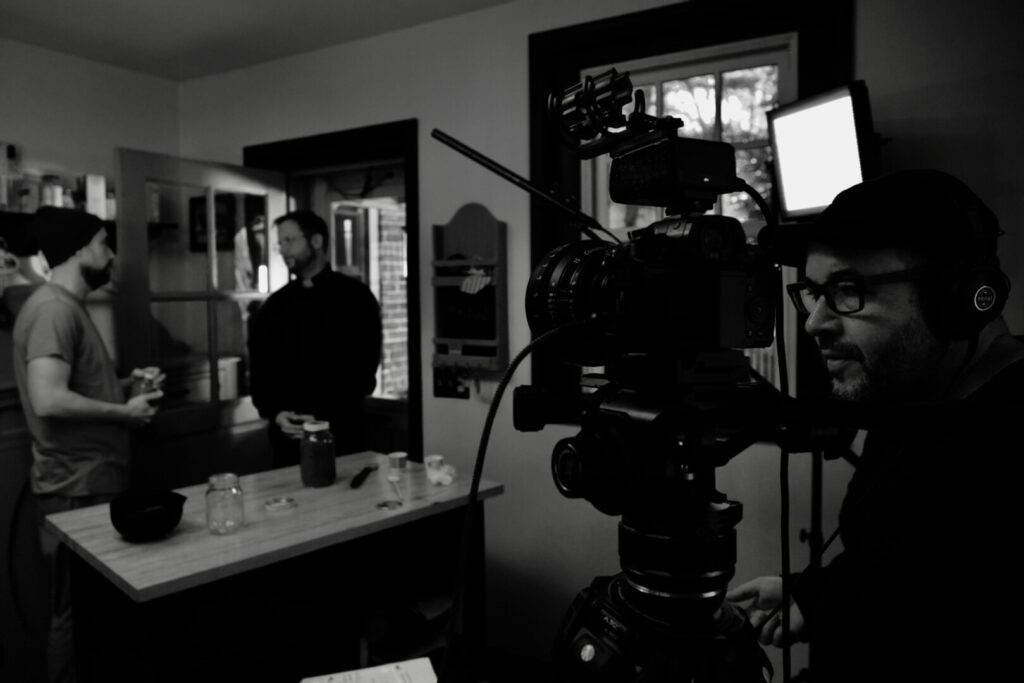
Unlike conventional religious narratives that paint morality in stark contrasts, “Viaticum” revels in ambiguity. Its black-and-white cinematography becomes a metaphorical canvas, reflecting the nuanced moral terrain where redemption and culpability dance an uncomfortable tango. Frey doesn’t just tell a story; he dissects the very anatomy of human moral complexity.
The film’s genius lies in its ability to transform a potentially somber subject—a man’s confession of murder during his last rites—into a darkly humorous exploration of forgiveness. It’s as if Frey has taken the traditional confessional and replaced its solemnity with a wry, knowing smirk.
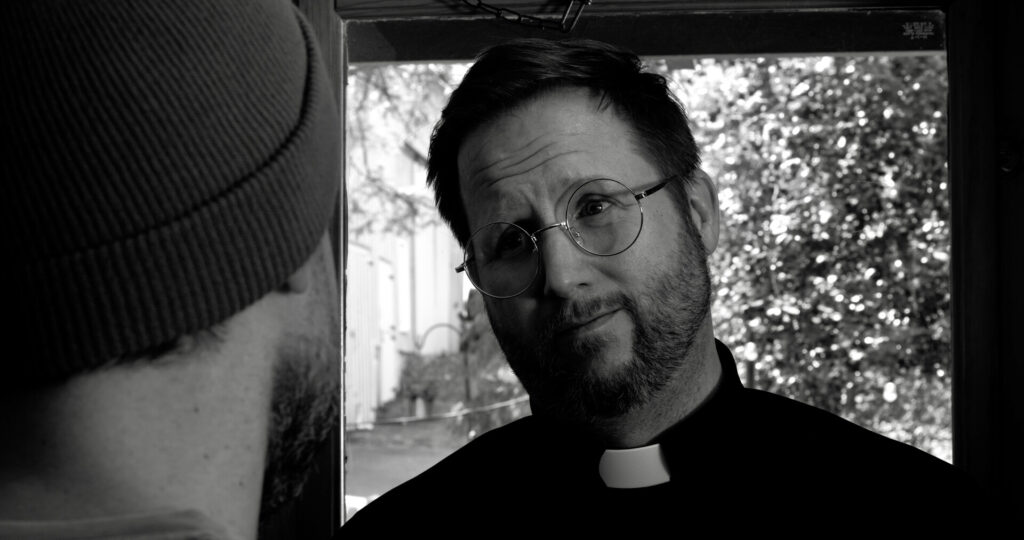
Perhaps the most brilliant metaphorical element is the recurring motif of sauce—a seemingly trivial detail that becomes a profound symbol of human unpredictability. Through the character of Jason, a “sauce expert” son, Frey suggests that life’s most profound moments are often seasoned with the most unexpected ingredients.
The film doesn’t just challenge religious tropes; it marinates them in a sauce of irreverent humor, creating a narrative that is simultaneously thought-provoking and wickedly entertaining.
Frey’s influences are clear yet beautifully transmuted. The reflective imagery reminiscent of Ingmar Bergman meets the haunting delicacy of Andrew Wyeth, but filtered through a contemporary lens of comedic storytelling. It’s as if “Wild Strawberries” decided to take improv comedy classes.
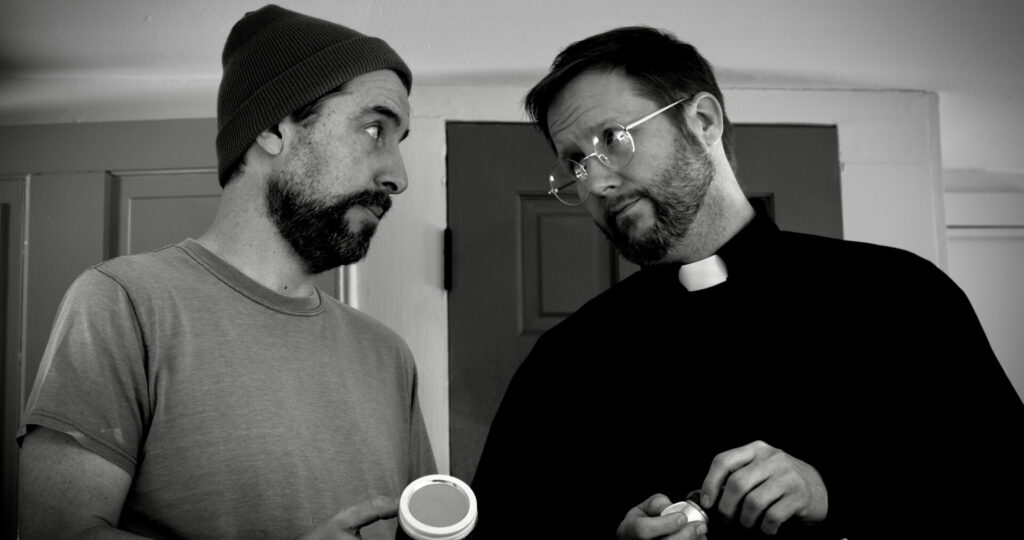
The organ-inspired score further elevates this approach, functioning not just as background music but as a narrative voice—sometimes solemn, sometimes subtly mocking, always present.
What makes “Viaticum” truly remarkable is its treatment of forgiveness. It’s not presented as a noble, straightforward act, but as a complex, almost performative ritual. The film suggests that forgiveness might be less about the recipient and more about the psychological choreography of the one doing the forgiving.
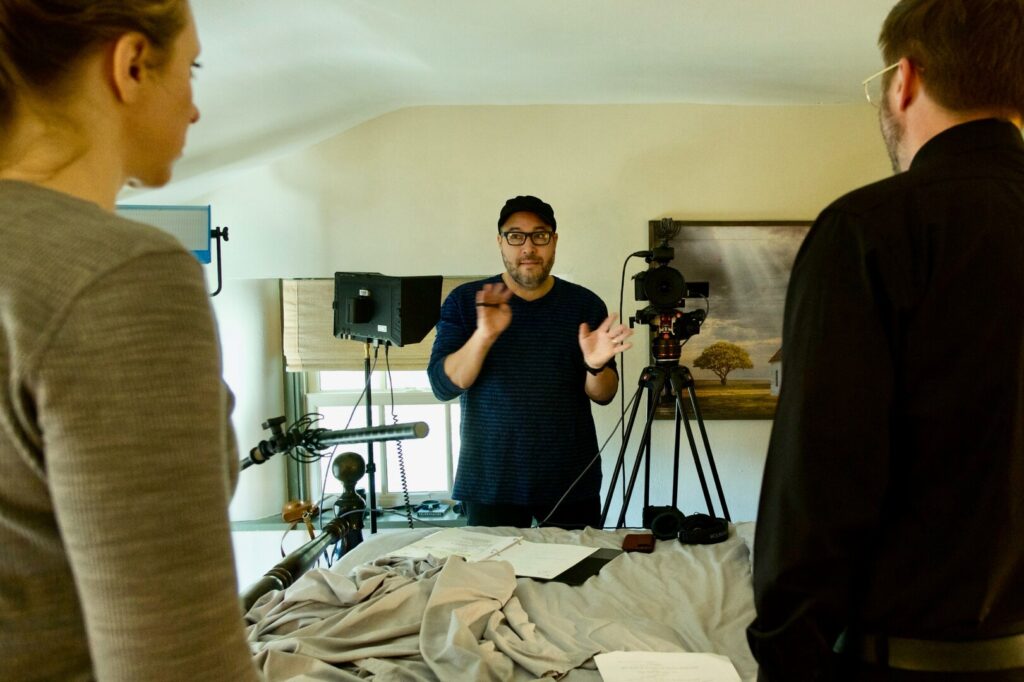
In just 14 minutes, Frey manages to deconstruct religious rituals, explore mortality, and serve up a comedic critique of human nature—all without feeling didactic or heavy-handed.
“Viaticum” is more than a film. It’s a dark, delicious communion wafer dipped in the spiciest sauce of human experience—unexpected, slightly uncomfortable, but utterly unforgettable.
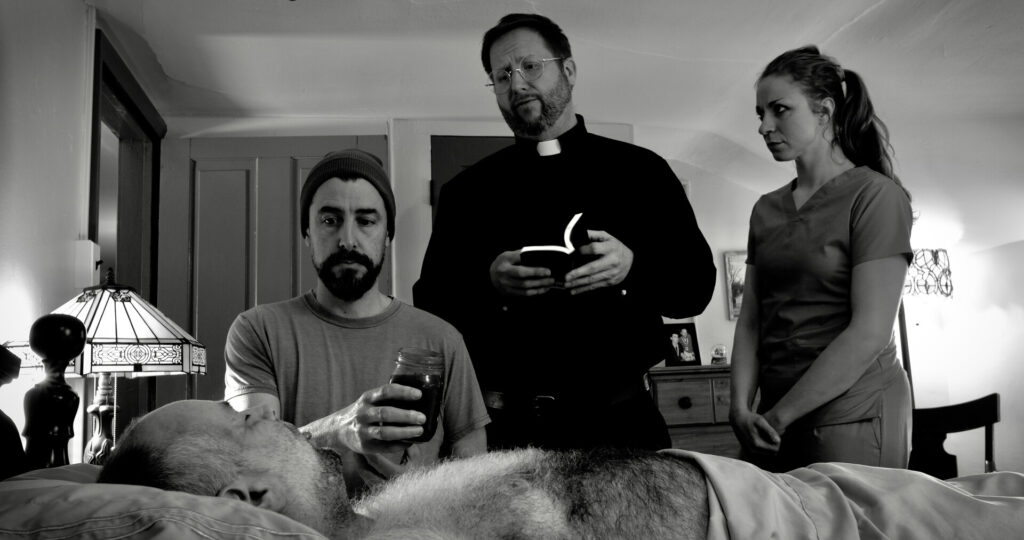
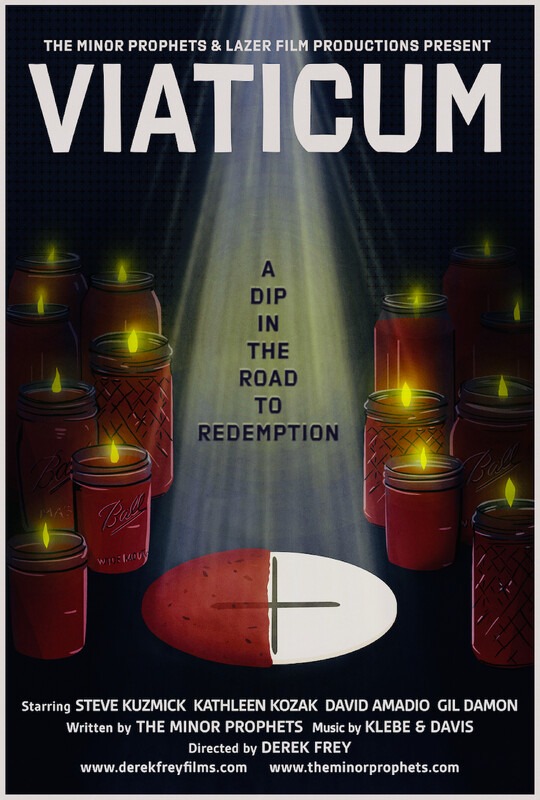
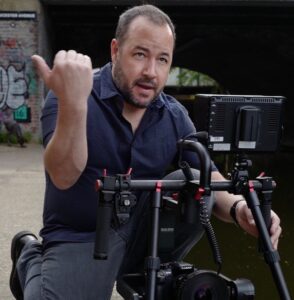 Derek Frey is a passionate and prolific filmmaker with twenty years of leadership experience producing live-action and animated films for the major studios and serving as director, editor, and cinematographer on several award-winning independent projects.
Derek Frey is a passionate and prolific filmmaker with twenty years of leadership experience producing live-action and animated films for the major studios and serving as director, editor, and cinematographer on several award-winning independent projects.
Frey's expertise has made him a key player in numerous blockbuster productions, guiding projects from initial development and pre-production through to post-production and release. He has had the privilege of working with some of the most esteemed talent in the industry, both in front of and behind the camera.
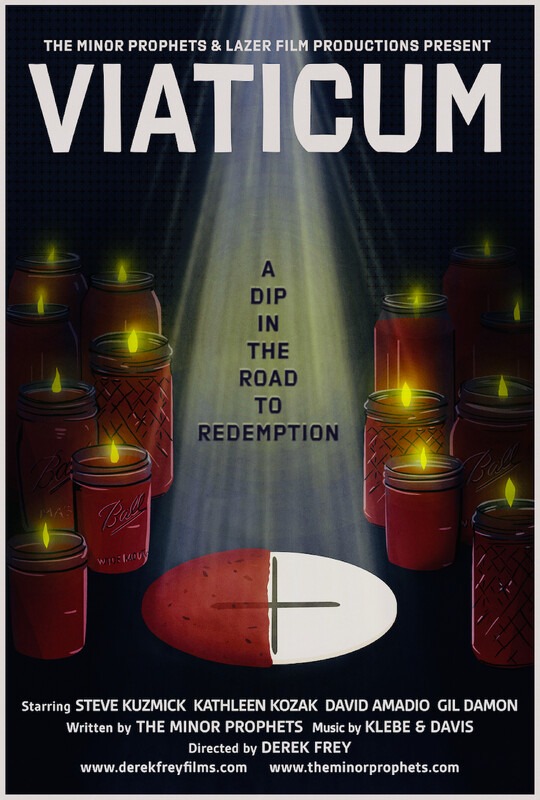

FilmmakerLife is proud to be a global team of dedicated professionals who are passionate about the world of filmmaking.